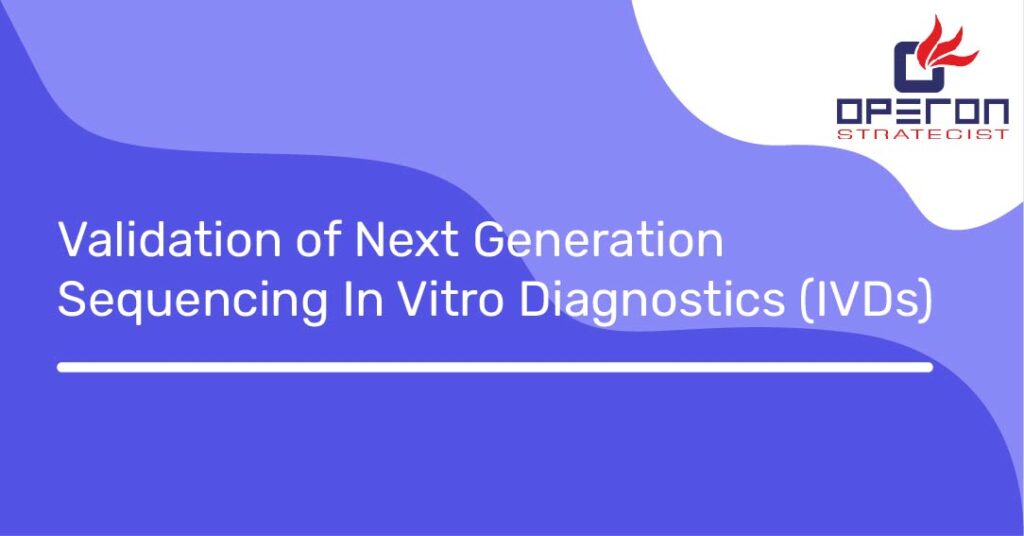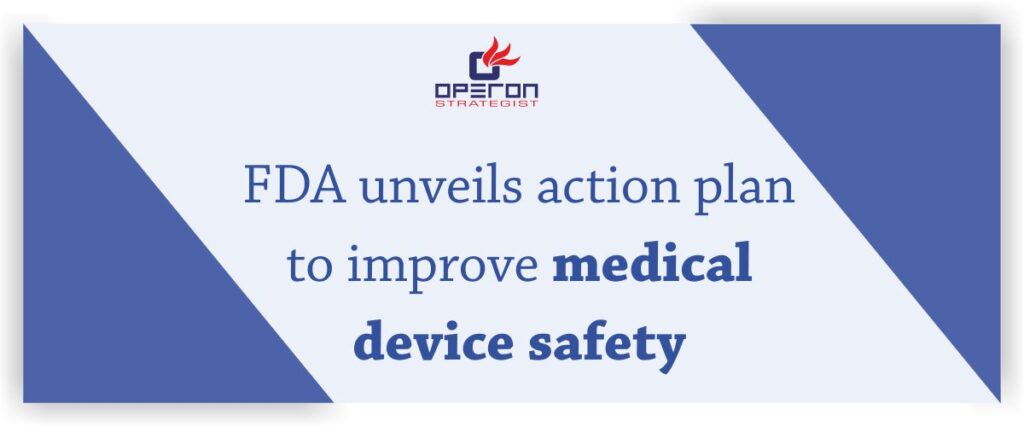On Thursday, May 24, the FDA will host a webinar about two finalized guidance designed to enhance collaboration among researchers, and drive the efficient development of novel next-generation sequencing (NGS) based tests. Next-generation sequencing (NGS), massively parallel or deep sequencing are related terms that describe a DNA sequencing technology which has revolutionized genomic research. DNA sequencing is the process of determining the precise order of nucleotides within a DNA molecule. It includes any method or technology that is used to determine the order of the four bases—adenine, guanine, cytosine, and thymine—in a strand of DNA. The advent of rapid DNA sequencing methods has greatly accelerated biological and medical research and discovery. Using NGS an entire human genome can be sequenced within a single day. The guidance outline innovative regulatory approaches for the oversight of medical technologies that play an important role in the continued advancement of individualized, genetic-based medicine.
The first guidance, “Use of Public Human Genetic Variant Databases to Support Clinical Validity for Genetic and Genomic-Based In Vitro Diagnostics,” describes an approach where test developers may rely on clinical evidence from FDA-recognized public databases to support clinical claims for their tests and provide assurance of the accurate clinical evaluation of genomic test results. Using FDA-recognized databases will provide test developers with an efficient path for marketing clearance or approval of a new test.
The second guidance, “Considerations for Design, Development, and Analytical Validation of Next Generation Sequencing (NGS)–Based In Vitro Diagnostics (IVDs) Intended to Aid in the Diagnosis of Suspected Germline Diseases,” provides recommendations for designing, developing, and validating NGS-based tests used to diagnose individuals with suspected genetic diseases. It clarifies how the FDA evaluates premarket submissions to determine a test’s analytical validity, including how well it detects the presence or absence of a particular genomic change.





